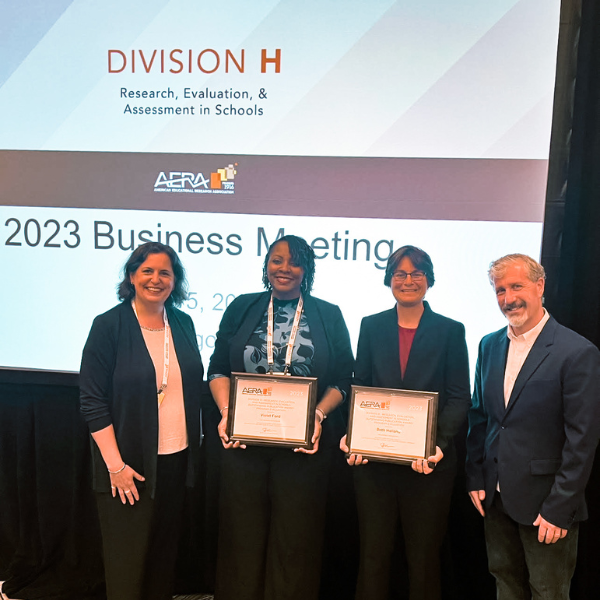Helping Educators and Leaders Surface What Works, For Whom, and Under What Conditions
Over the past few years, the context of education has dramatically changed as schools and systems grapple with the ongoing ramifications of emergency remote learning, lost instruction time, a growing student well-being crisis, and educator shortages. With all of this continuous change, a need exists to examine how well practices and policies set in place […]
Helping Educators and Leaders Surface What Works, For Whom, and Under What Conditions Read More »










